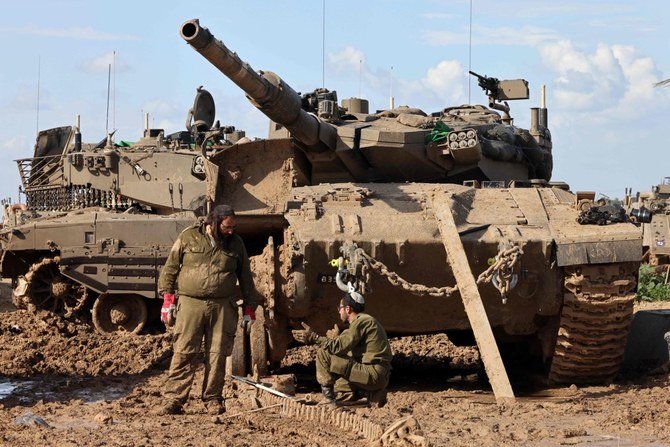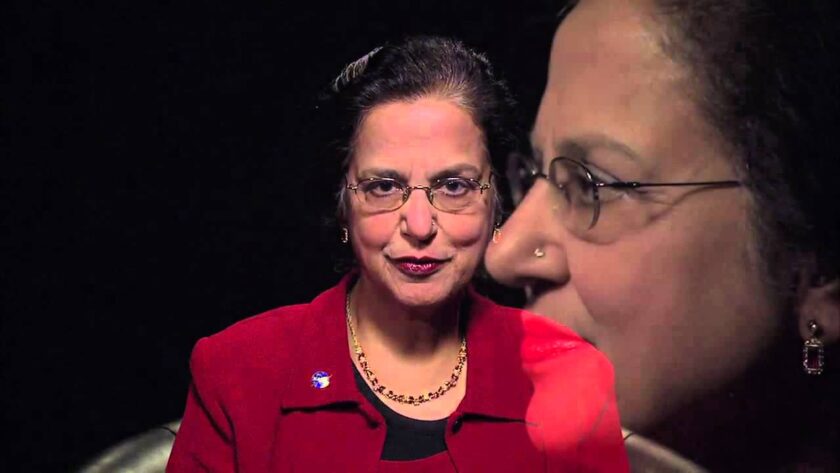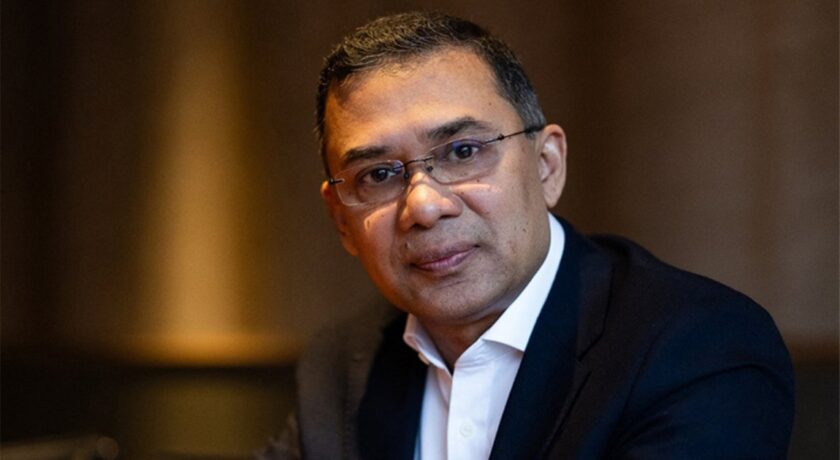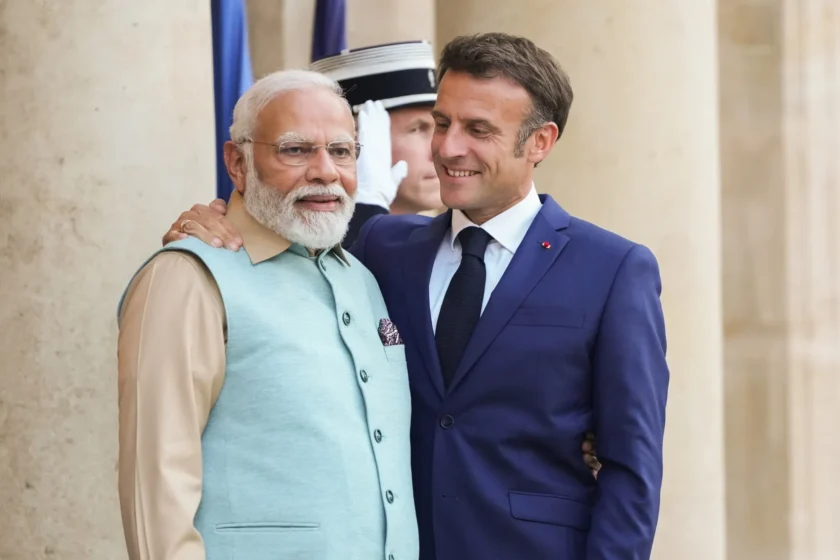Tel Aviv: Indirect talks between Hamas and Israel are continuing in Cairo under the leadership of mediators from Egypt and Qatar.
The talks between the two sides, which began a day ago are continuing on Tuesday as well. According to Israeli Defense Ministry sources, the talks are positive. The possibility of a six-week ceasefire has increased after Israel agreed to reduce the number of hostages to be released by Hamas from 40 to 33.
Hamas has demanded the release of about 600 Palestinian prisoners lodged in Israeli jails.
Israel has already said that if Hamas backs out of the talks in Cairo, it will increase the possibility of an Israeli ground attack in the Rafah region of the Gaza Strip.
About 1.3 million Palestinians live in Rafah. Egyptian President Abdel Fatah al-Sisi has expressed concern over the possibility of Israeli military action in Rafah and a large-scale exodus of refugees in the Sinai region bordering Rafah.

Egyptian intelligence chief Major General Abbas Kamel had expressed concern about the Rafah operation during his recent visit to Israel. Meanwhile, US Secretary of State Antony Blinken, who is on a two-day visit to Saudi Arabia, is keeping an eye on the ongoing talks between Hamas and Israel.
The other buzz around the war is that Hamas will not accept new plans for a ceasefire in Gaza and the release of hostages unless Israel commits to ending the war and quitting the enclave, a Palestinian official close to peace talks said.
Qatari and Egyptian mediators have offered the militant group the first concrete proposal for an extended halt to fighting, agreed on by Israel and the US at talks recently held in Paris.
An initial ceasefire would last for 40 days, when fighting would cease while Hamas freed remaining civilians from about 130 Israel hostages it still holds. In further phases, Israeli soldiers would be released, followed by the handover of the bodies of dead hostages.









